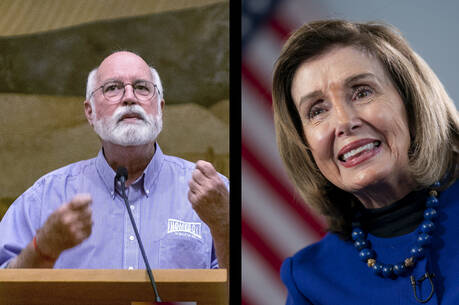A Reflection for Thursday of the 10th Week in Ordinary Time
“Go first and be reconciled with your brother.” (Mt 5:24)
In today’s reading, Jesus talks extensively not just about forgiveness, but about atonement, repentance and reconciliation. This is a section from the Sermon on the Mount, which begins with the Beatitudes and ends with the advice to “be perfect as your heavenly Father is perfect,” so the expectations being set here are dauntingly high. But in this particular segment, Jesus is giving us advice about forgiveness not as a product, but as a process.
Very often, we press others into forgiveness without really considering the repentance and reconciliation that are crucial steps toward being able to forgive. In her book On Repentance and Repair, Rabbi Danya Ruttenberg writes that there are two different Hebrew words used in the context Jesus is describing (171-2). One ismechila, which she writes “might be better translated as ‘pardon,’” and which has the connotation of “relinquishing a claim against an offender.”
God can forgive everyone. For us, however, repentance and reconciliation have to come first.
The other word used to convey forgiveness is slicha, which Rabbi Ruttenberg says includes the idea of looking “with a compassionate eye at the perpetrator” and having some empathy toward them, but only after they have begun the work of repentance. Slicha does not include a requirement “that the victim act like nothing happened.” The primary question that Jewish literature of repentance asks is not how a harmdoer can move on, but instead, “what needs to be done to close accounts?”
Forgiveness, after all, is relational. This is what Jesus reminds us of. Its end goal is either to bring us back into a relationship with someone who’s done us harm, or to allow ourselves release from that relationship. When Jesus tells us to “settle with your opponent quickly,” he reminds us also that forgiveness ultimately comes not from courts, judges or people who feel superior in the ways that they practice their faith, but from God. God can forgive everyone. For us, however, repentance and reconciliation have to come first. Otherwise, what we’re offering is not really forgiveness, but a performance of it.








